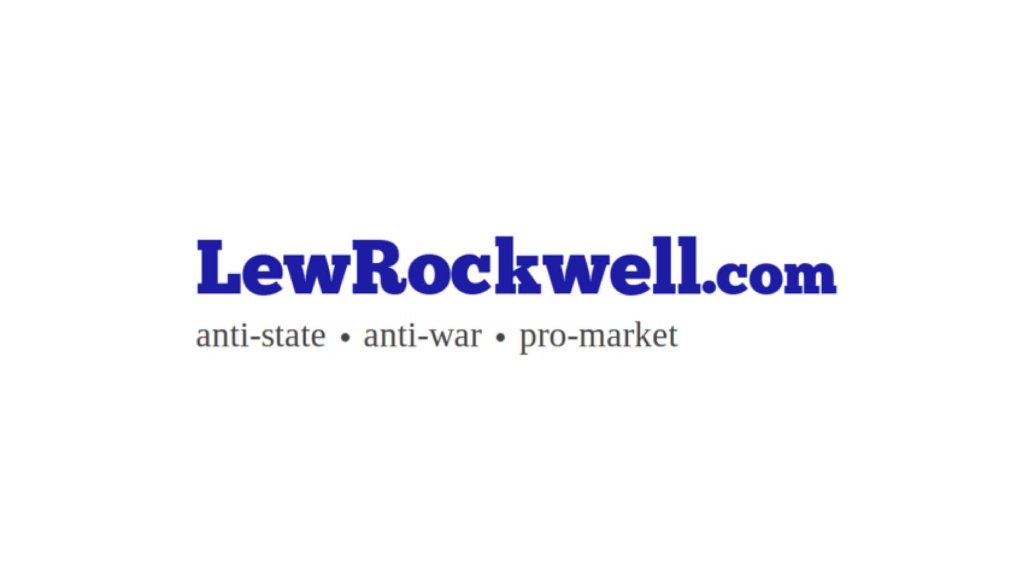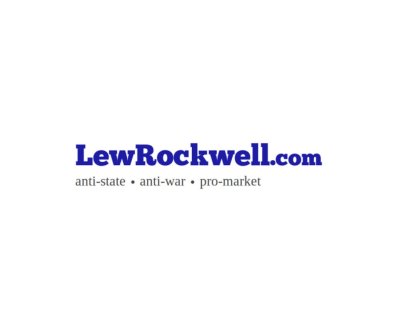Exalting the Common Good
Americans have, of late, heard a lot about “common good” capitalism. However, as with most political adjectives and modifiers, the term is misleading, and as a result, a false premise on which to build one’s understanding.
As Donald Boudreaux has recently written, “If all that ‘common good capitalism” means is capitalism as understood and championed over the past 250 years by liberal scholars… this new name serves no good purpose…it suggests (what I’ll call) ‘true capitalism’…doesn’t promote the common good…Yet…advocates of true capitalism (including me), do indeed believe that true capitalism promotes the common good. And to back our case, we’ve got lots of sound theory and solid evidence.”
Leonard Read, founder and guiding light of the Foundation for Economic Education, “the granddaddy of all libertarian organizations,” was one of the strongest voices for there being no difference between true capitalism and capitalism that advances the common good for decades. He most directly addressed such issues in his “Exalting the Common Good,” Chapter 13 in his 1982 The Path of Duty, the last book he published.
Read started with an inspirational quote, at least for those who believe in freedom, from George Sutherland, Associate Justice of the U.S. Supreme Court from 1922 to 1938:
To sustain the individual freedom of action contemplated by the Constitution is not to strike down the common good, but to exalt it; for surely the good of society as a whole cannot be better served than by the preservation against arbitrary restraint of the liberties of its constituent members.
Unfortunately, Justice Sutherland’s wisdom is a far cry from what most people today, or when Read wrote, seem to believe.
Most citizens in today’s U.S.A. haven’t the slightes
Article from LewRockwell

LewRockwell.com is a libertarian website that publishes articles, essays, and blog posts advocating for minimal government, free markets, and individual liberty. The site was founded by Lew Rockwell, an American libertarian political commentator, activist, and former congressional staffer. The website often features content that is critical of mainstream politics, state intervention, and foreign policy, among other topics. It is a platform frequently used to disseminate Austrian economics, a school of economic thought that is popular among some libertarians.




